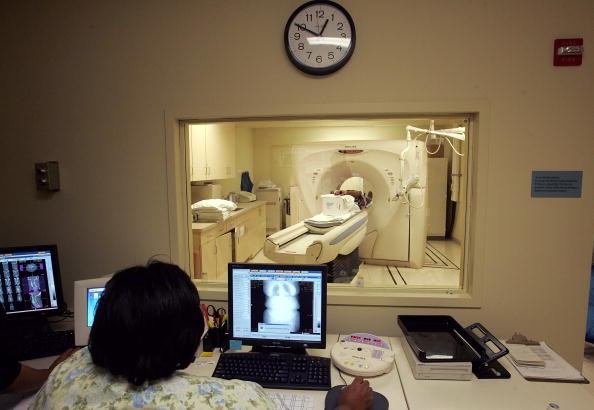
Contrary to popular belief, only a very small percentage of the diagnosis can be attributed to genes. Most happen for no definite cause. However, carrying the gene certainly boosts the risks, and this is especially true for Polish and French-Canadian women.
In a comprehensive study conducted by a team of researchers and geneticists of Women's College Hospital located in Toronto, women who are of French-Canadian descent, or those who live in Quebec, are more likely to develop breast cancer at least five times higher than other women, especially if they also have a family history of the disease. Moreover, the mutated gene occurred more than 45 times among this group.
On the other hand, Polish women boost their risk of breast cancer up to 5 times compared to those who did not have the mutated gene.
The gene is called RECQL. If you have not heard of this yet, it is because it is extremely rare. At least 20% of the genetic-related breast cancers can be attributed to BRCA1 and BRCA2 genes. One of these genes is the reason why Angelina Jolie decided to undergo mastectomy and ovary removal.
However, the researchers noted that around 50% of the women who carry the gene will develop breast cancer in their lifetime.
According to Dr. Mohammad Akbari, the team is currently in a very "exciting" phase, determining the different genes that may contribute to the chances of developing breast cancer.
For this specific study, they looked into the genes of over 20,000 French-Canadian and Polish women who belonged to the founder population regardless of whether they have already been diagnosed with breast cancer or not.
Based on their analyses and the kind of work they do, Akbari recommends that women should seek genetic screening test. This way, the treatment can be customized based on the kind of breast-cancer-causing gene they carry.

